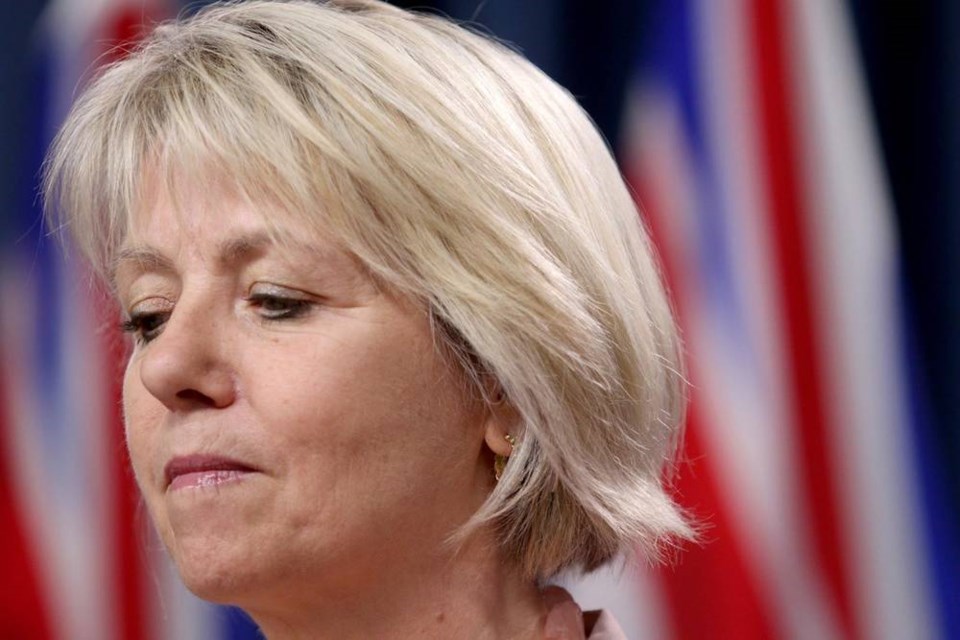Five new cases of COVID-19 were confirmed on Vancouver Island over the weekend, the province reported on Monday.
At a news briefing Monday, provincial health officer Dr. Bonnie Henry said a total of 317 new cases of COVID-19 were reported across B.C., along with six additional deaths.
There are 1,595 known cases active in the province, including 58 people who are hospitalized. Twelve of the active cases are in the Island Health region; none of those are in hospital.
Nearly half of the active cases are connected to long-term care and assisted-living facilities, including 471 residents and 320 staff.
Henry said 5,446 people have recovered after testing positive for the illness, while more than 3,000 people are being actively monitored for symptoms.
The latest case numbers come as students head back to classrooms and smoke from wildfires in the United States blankets much of southern B.C., prompting air quality advisories.
It can be challenging to determine whether symptoms of respiratory illness are related to air quality or the novel coronavirus, said Henry, urging people to visit the website for the B.C. Centre for Disease Control for more information.
“Things like dry cough and runny eyes and irritation — those can be associated both with smoke and with COVID. But there are things that are not as likely to be caused by wildfire smoke, so anything like fever and chills and aches and the productive cough … that we get with COVID.”
Wildfire smoke contains particulates that can irritate the nose, throat and lungs, said Henry, adding that exposure often affects the same people who are at highest risk of severe illness due to COVID-19, including older people and those with underlying health conditions.
The potential for confusion is particularly concerning in schools, said Henry, adding anyone who’s concerned about symptoms should stay home.
She acknowledged that her advice to close windows in order to keep smoke out runs contrary to public health guidelines throughout the pandemic, which encourage spending time outside or in well-ventilated spaces.
But Henry said schools are safer environments than many homes when it comes to wildfire smoke and there are other measures in place to prevent the spread of COVID-19, such as physical distancing and health screenings.
A tight-fitting mask can also help reduce the particulates being inhaled, she noted.
B.C. has reported 7,279 cases of COVID-19 so far and 219 deaths.
Island Health has recorded 195 cases and five deaths.



